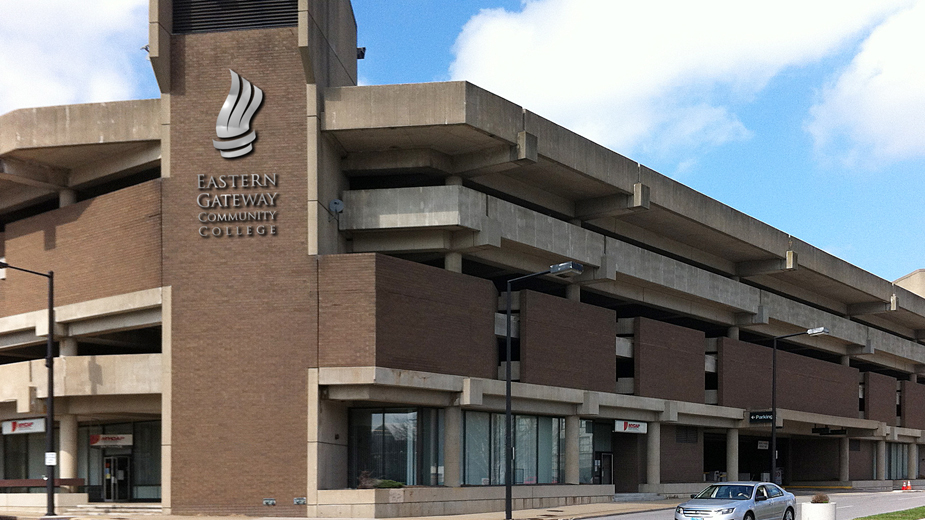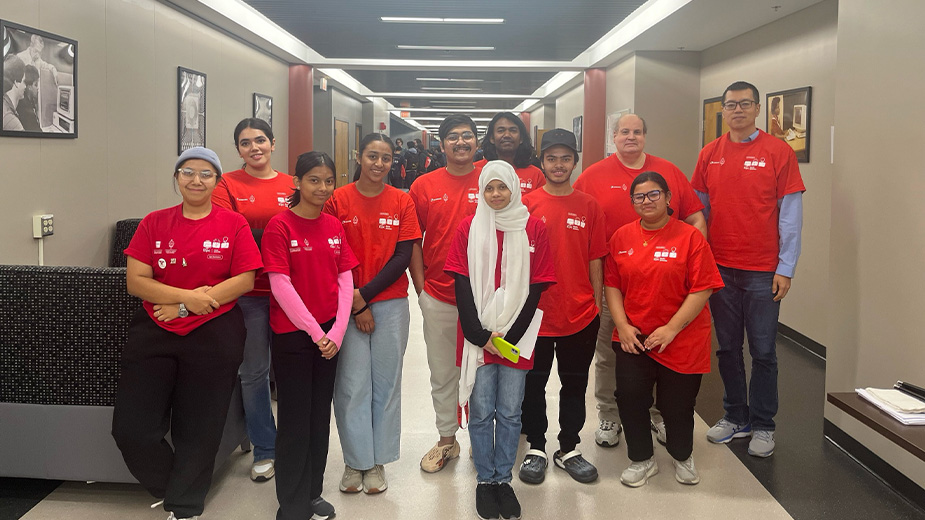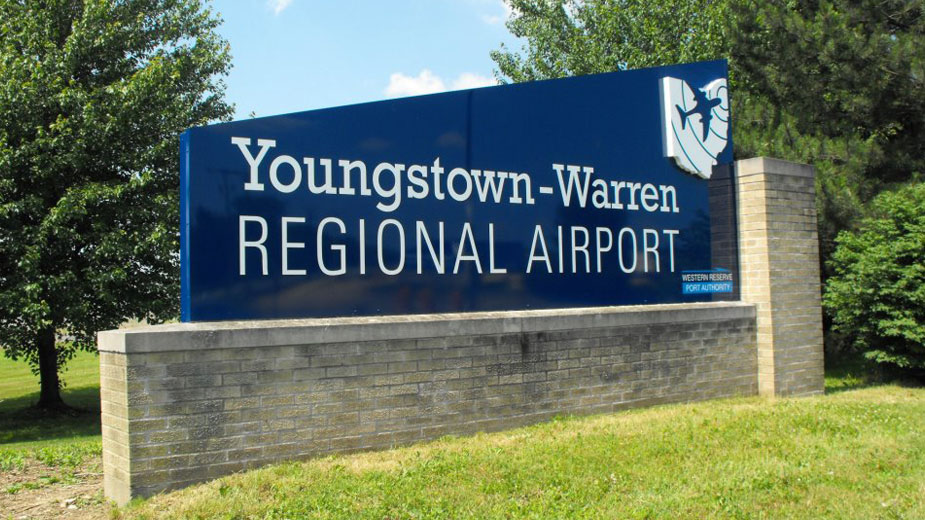Growth Report 1: Kent State Campuses Pivot Toward the Future
By Dr. Peggy Shadduck
VP Regional Campuses, Dean of College of Applied and Technical Studies
KENT, Ohio – Kent State University offers one of the largest regional systems in the nation, delivering programs from computer technology and nursing to arts and humanities.
Campuses located in Ashtabula, East Liverpool, Geauga, Salem, Stark, Trumbull and Tuscarawas offer students the advantage of attending a distinguished university in Ohio with the friendly, casual atmosphere of small liberal arts colleges.
Kent State University’s College of Applied & Technical Studies houses programs that provide learners with access to academic offerings close to home. These programs are diverse, just like the communities where campuses are located.
Students can choose from 40 associate degrees at seven campuses, where they can begin coursework toward any of Kent State’s more than 360-plus programs of study.
Small class sizes, affordable tuition and one-on-one advising are just a few reasons why more than 9,000 students attend Kent State’s regional campuses.
Last fall, regional campuses and the College of Applied & Technical Studies, in response to a request from Intel, agreed to lead a network that comprises 13 other Ohio higher education institutions. This network is now poised to prepare the workforce to make the small electronic devices that play a significant role in our everyday lives. The plan is part of the company’s Ohio Semiconductor Education and Research Program.
As the university enters into its partnership with Intel, a multinational technology corporation now in Ohio, readying the workforce with a world-class education is key.
In fact, 2,100 of the 3,000 jobs Intel brings to our state require the two-year degree students can earn at a Kent State regional campus.
Kent State is ideally situated to lead a collaborative program as a part of the Intel Semiconductor Education and Research Program. We are particularly motivated, as the aims of the Intel program tie directly to our mission to transform lives and communities through the power of discovery, learning and creative expression in an inclusive environment.
Meanwhile, the need for social workers, an occupation that was already short-staffed before the pandemic, has grown in recent years. To address this need, Kent State University offers a new bachelor of social work degree. The hybrid model of online and in-person classes can be started at any regional campus and will be housed under Ashtabula, Tuscarawas and Salem campuses. The program is accredited, so graduates can become licensed social workers in the state.
In 2022, Kent State University at Ashtabula and Cleveland Clinic formed a partnership to offer an associate degree program in respiratory therapy at the hospital’s main campus in Cleveland, beginning later this year. The program provides access for participants to train for the in-demand respiratory care profession. It also supports career growth for program graduates and practicing respiratory therapists with a path to admission for the online bachelor of science degree in respiratory care offered by Kent State Ashtabula.
Those positions are in great demand for the foreseeable future, with 19% expected job growth between now and 2029. The median pay for registered respiratory therapists is $62,810, according to the U.S. Bureau of Labor Statistics.
Kent State University’s regional campuses and the College of Applied & Technical Studies continue to move the work of campus change forward in advancing their mission and priorities.
From law enforcement to health care to the chips that drive everyday lives, the campuses are pivoting toward the future and addressing the needs of northeastern Ohio.
Published by The Business Journal, Youngstown, Ohio.



